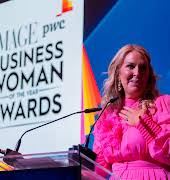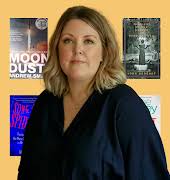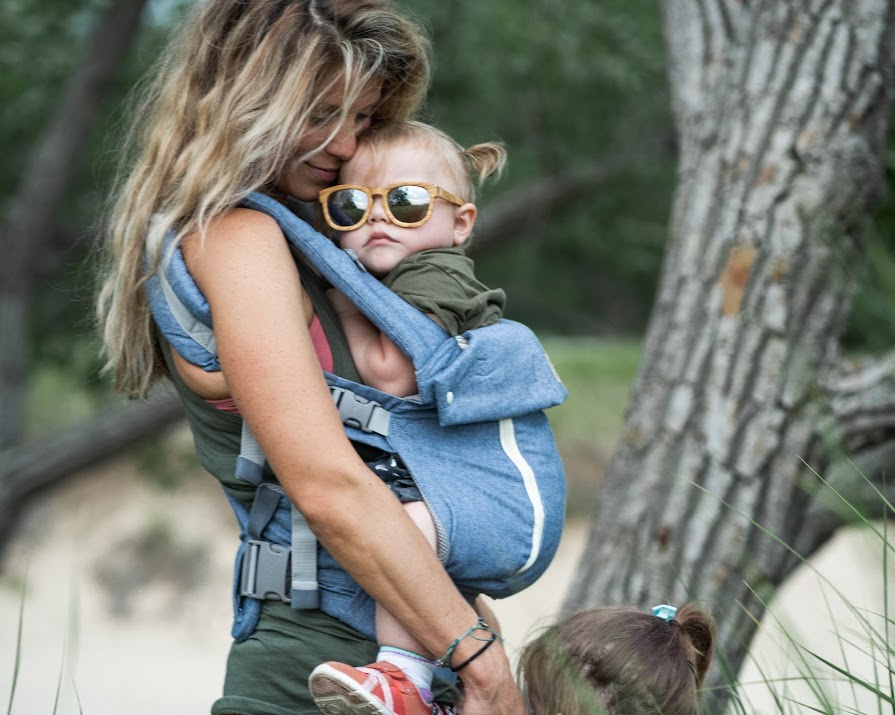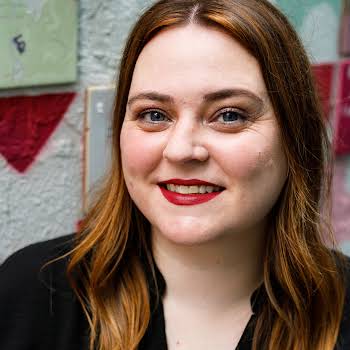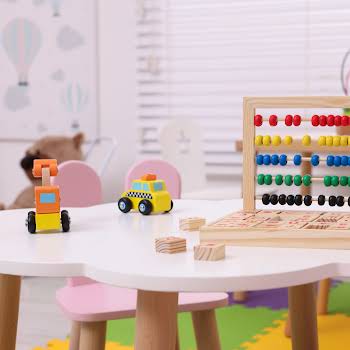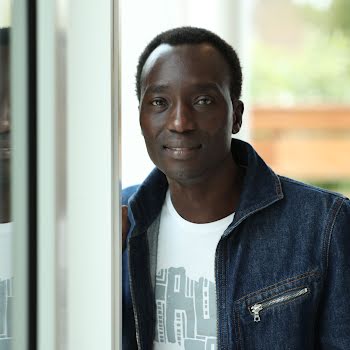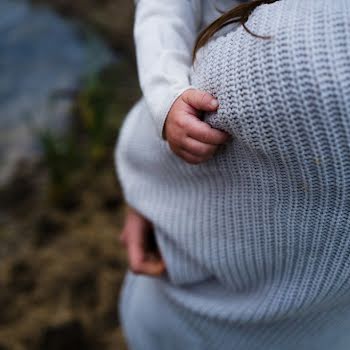
‘Good-enough’ parenting – why it’s time to embrace the messy, beautiful reality of family life
By IMAGE
05th Jun 2022
05th Jun 2022
'Good-enough' parenting doesn't mean lowering your standards, writes clinical psychologist and parent guide, Dr Julie Meehan. Rather, it's about accepting that parents sometimes get it wrong, and making peace with being perfectly imperfect.
The ‘good enough’ parent. A phrase that means different things to different people, depending on our lens — how we see ourselves, other people and the world around us.
Before I became a parent, I used to see ‘good enoughness’ through a safe and intellectual lens, which, if it could talk, would have said something like, ‘Ah yes, I understand that we can’t be perfect parents, good enough is of course enough‘. Lovely, safe and unchallenged.
There was a part of me, however — let’s call it my Internal Standards Operator (ISO) – that totally didn’t buy that. But for PR’s sake, it pretended to go along with the party line.
Until I messed up as a parent, which was probably when my eldest daughter was five minutes old — in utero.
And then it kicked into Full Operations Mode: It was the ISO’s duty to inform me that good enough was indeed not enough. In fact, being not enough was calamitous, and I was to carry the burden of this disaster for all of eternity. Bit of an obstacle to being the parent I aspired to be…
And a bit of a battle: a battle between the ISO and the part of me that knew that as long as I stayed as connected as possible to my children, even when I messed up, even when I felt disconnected to myself, it would somehow be okay – which is what Attachment Theory is all about.

Attachment: How our first relationships shape us
I’ll let you in on a little secret: there is a bit of a running joke amongst some psychologists, that none of us really know what attachment is. Whether that’s true or not, here’s my best shot at it:
Based on the study of babies and their interactions with their primary caregivers, attachment theory looks at how our first relationships serve as the building blocks for:
How our brains, minds and sense of self develop.
How we experience relationships with ourselves, with others and with the world around us.
How safe or unsafe we feel, and how we can regulate and soothe our big emotions.
Optimal well-being is based on secure attachment
When a baby’s needs are met by their caregiver in a tuned-in, consistent and sensitive way, all of the above develop in an optimal way, which is what secure attachment is. And secure attachment is one of the greatest predictors of human well-being that there is.
But here’s the thing that I really love: Optimal development and secure attachment is based on the caregiver not meeting the child’s needs all of the time, because this in an impossibility.
In fact, the caregiver gets it wrong quite a bit of the time. And then they look to make it right again through repair.
Secure attachment is based on imperfection
So, our best predictor for human well-being is based on relationships that don’t get it right all of the time. Instead, a securely attached relationship is based on a dance between parent and child where the parent sometimes gets it right and sometimes gets it wrong, but when they get it wrong, they seek to get it right again.
A messy dance between parent and child based on a series of matches, mis-matches and repairs.
What that means is that the circumstances that create optimal functioning for us humans are based on relationships that are, at best, imperfect and messy.
‘Good enough’ parenting is inherently messy
It is this ‘messiness’, as Dr. Ed Tronick, a psychologist who has studied parent-child interactions extensively calls it, that lays the building blocks for optimal development in childhood and into adulthood.
This is another way of saying that, at best, our experience of relationships is built on imperfection.
My take on ‘good enoughness’: redux
So, now, several years down the parenting track, and totally on board with attachment theory, here’s my take on the whole thing, rebooted:
Being a ‘good enough’ parent is really about doing your best to get it right, which sometimes you will, but knowing that you will sometimes get it wrong, and most importantly, that when (not if) you do, you seek to make it right again. And that’s the portal to forgiving yourself.
Or as neuropsychiatrist Dr. Dan Siegel says, you seek to “repair the tear” that is inevitable in any parent-child relationship, and in any of our relationships, including the one with ourselves.
My ‘aha’ moment:
It is okay to get it wrong, it’s the seeking to repair that is the most important part.
This was my ‘aha’ moment, which has allowed me to begin to retire the Internal Standards Operator who pushes for perfection, because I now know that our experience of relationships is based on imperfection rather than perfection. And the battle within has ceased, for the most part.
What is most important is that when I mess up, which I do frequently, I can acknowledge it first to myself, accept my imperfection and then seek to repair the messiness as much as possible with my children.
And tell them what I am doing. So, they see me as an imperfect human who is doing her best as a parent and is not afraid to name when she messes up.
They see me as a human. And a ‘good enough’ parent.
My wish is that in so doing, they enjoy as much optimal functioning as possible themselves, and that they see themselves as human beings and learn to forgive themselves when they mess up.
That they nurture self-acceptance, self-connection and self-love. My greatest wish for us all.
Give it a go
In your interactions with your child and yourself, apply the following and see how you go. In the dance of getting it right and getting it wrong, remember to:
Celebrate ‘getting it right’
Acknowledge the times you get it right, and offer yourself a little love, a mini air-punch, pat on the back, whatever works to bring this aspect of the dance into your awareness.
Know that ‘getting it wrong’ is all part of it
When you inevitably get it wrong, remember that this is the way we roll as humans, in the messiness of our relationships. And if possible, cut yourself a lot of slack.
Remember that the repair is the doorway to deeper connection and trust, and even self-forgiveness
In the seeking to get it right again, know that in the repair you are creating or deepening connection and trust between you and your child. It is often in those moments of repair that we are at our least defensive and most connected.
In these moments, we can open up to self-forgiveness and we model to our children that it really is okay to get it wrong. We can show them that self-love comes from acknowledging all parts of the dance of getting it right, getting it wrong and seeking to repair.
Dr Julie Meehan is a clinical psychologist, parent guide and (imperfect) parent.
Dr Julie has developed an evidence-based, step-by-step pathway for parents to follow that guides you to create more connected and trusting relationships with yourself and your child, allowing you both to meet and grow from life’s challenges, and to thrive.
You can follow The Pathway Home for Parents through online self-study courses, live programmes and through Dr Julie’s one-to-one parent guidance packages on www.juliemeehan.com.





